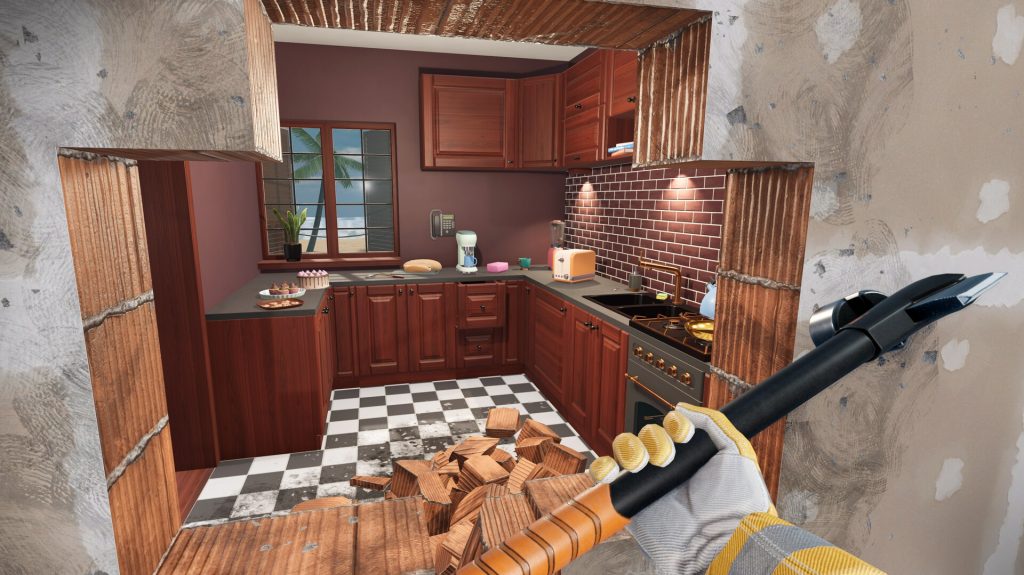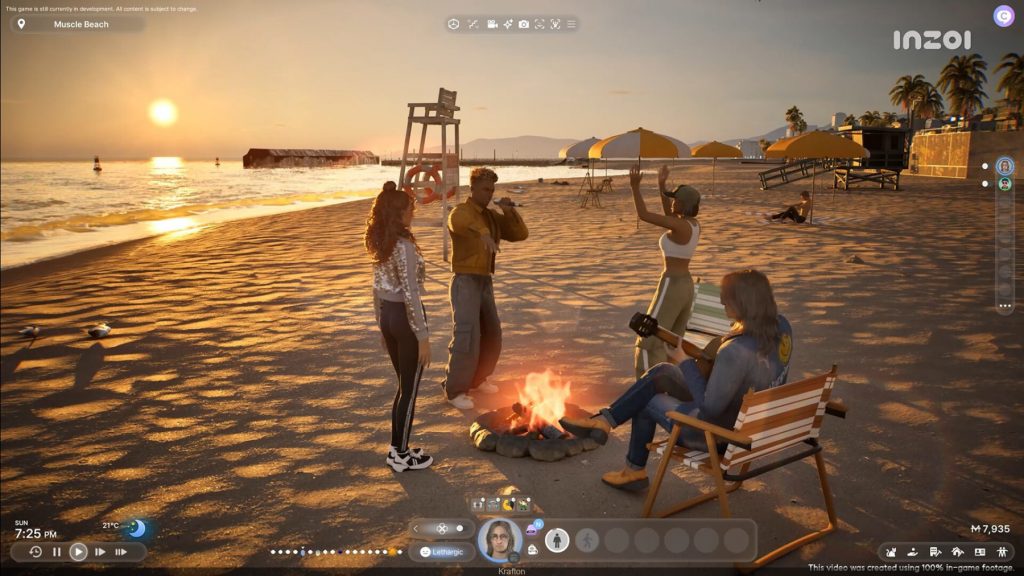For as long as humans have existed, we’ve sought ways to unwind and escape the grind of daily life. From ancient board games to today’s immersive video games, the desire to temporarily leave reality behind has remained constant. But while modern technology has enabled fantastical virtual worlds filled with dragons, spaceships, and superheroes, one particular gaming genre stands out for its unexpected popularity: life-simulation games.
At first glance, it might seem odd that games mimicking the mundane aspects of real life, doing chores, managing finances, or navigating relationships are so appealing. Take my friend, for example: his actual apartment is a chaotic mess, yet he happily spends hours playing House Flipper, meticulously cleaning and renovating virtual homes for digital profit. Meanwhile, I find comfort in The Sims, where I make sure my virtual characters eat on time, land their dream jobs, and even squeeze in a little romance things that sometimes feel harder to achieve in my own life.

The Rise of Realistic Games
Thanks to advancements in technology, today’s games are more realistic than ever. Artificial intelligence (AI) has opened the door to dynamic and responsive gameplay, and every new release seems to push the boundaries of what’s possible. While you’d think these breakthroughs would fuel fantastical worlds filled with limitless imagination, one of the most highly anticipated games of 2025 is anything but a fantasy epic.
Enter InZoi, the latest life-simulation game poised to rival The Sims. Promising an experience so realistic it could be mistaken for real life, InZoi lets players navigate everything from managing finances to building relationships, complete with all the messy challenges that come with them. What’s fascinating is how much excitement the game has already generated. Millions of fans are eagerly awaiting its release, ready to dive into a world that’s strikingly similar to their own lives.
But why? With endless possibilities to create fantastical, otherworldly games, why are so many players drawn to simulations that mirror reality so closely?

Finding Refuge in the Mundane
For me, life-simulation games are the perfect antidote to life’s chaos. They offer a chance to step into an alternate reality, whether that’s a version of your current life or the one you dream of living. Unlike real life, where problems can feel overwhelming or insurmountable, these games simplify things. Have a messy house in House Flipper? A few clicks and it’s spotless. Struggling to build a career in The Sims? A couple of promotions and you’re CEO. It’s incredibly satisfying to watch problems dissolve and goals materialize—something we all wish could happen in real life.
These games also provide a sense of control. Real life is unpredictable, full of unexpected twists and turns that can leave us feeling powerless. In a life-simulator, your actions have predictable and often rewarding outcomes. Paint a wall in House Flipper, and it will look exactly as you envisioned. Plant seeds in Stardew Valley, and a flourishing farm is practically guaranteed. Contrast that with my real-life attempts at gardening, which usually result in nothing but weeds.
Beyond control, life-simulation games offer freedom from judgment. They create a space where you can design your world according to your preferences, achieve your goals without external pressure, and enjoy the satisfaction of seeing your efforts pay off. In Animal Crossing, I’ve built a thriving farm and fostered a supportive community a comforting contrast to the real world, where juggling work, school, and social obligations often feels like a never-ending balancing act.
The Appeal of Life Simulators
In the end, life-simulator games are about more than just mimicking reality. They let us experience life as we wish it could be: manageable, rewarding, and free from the pressure of societal expectations. Whether it’s cleaning a house in House Flipper or building a dream career in The Sims, these games remind us of what’s possible when we’re in control. Or at the very least, give us the illusion of control for a little while.
So while some may find it strange that we escape real life by immersing ourselves in virtual versions of it, perhaps the answer is simple. Life-simulation games offer a safe space to explore, create, and succeed without the weight of real-world consequences. And that, in itself, is a pretty appealing escape.
Sources:
https://www.vice.com/en/article/why-do-we-play-video-games-that-simulate-work


I think your blog brings up many interesting points! Especially in todays world, where it feels like something terrible is constantly happening, I have definitely seen a rise in people wanting to escape their reality. Since going on constant vacations is not possible for the majority of people, many have turned to games like the sims to ignore any challenges happening in their day to day lives. I see many people posting online about how great their sims lives are, and how prosperous their families on sims are. For example, I even saw a post earlier today saying how their sims family is so prosperous they don’t need to fix something when its broken, they can just buy a new one instead. I think it’s especially interesting considering how the expensive everything is in real life is getting and how buying something new is seen as a luxury in real life and isn’t possible in real life but it is on the sims.